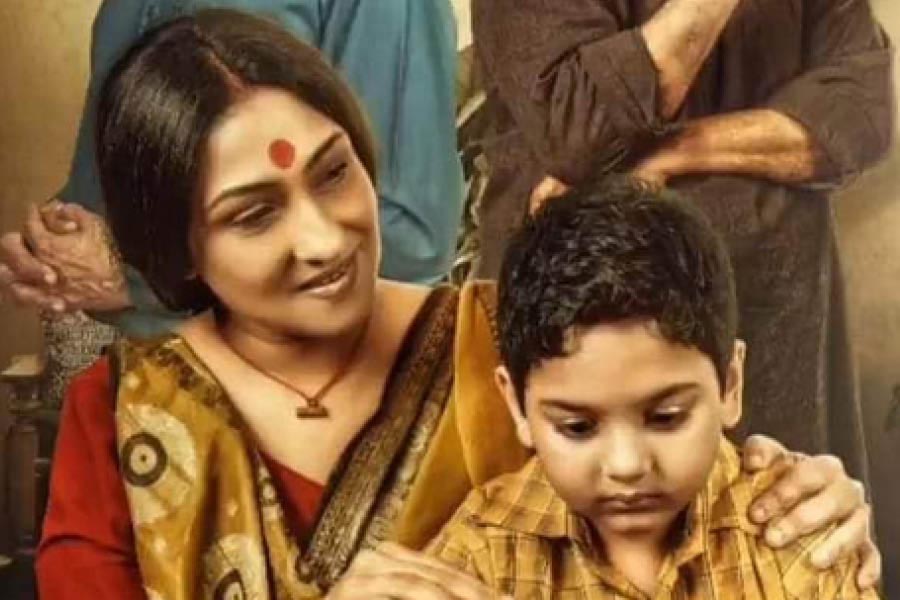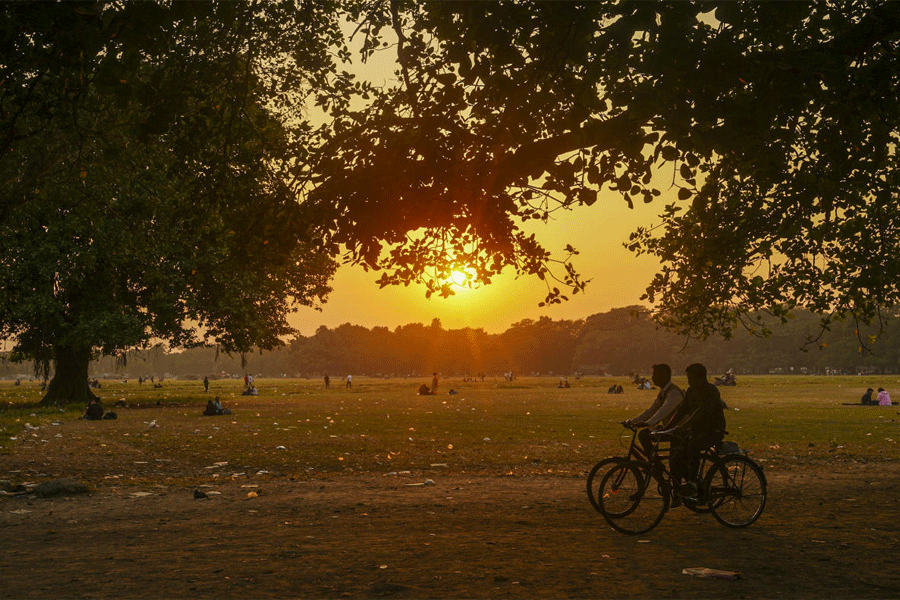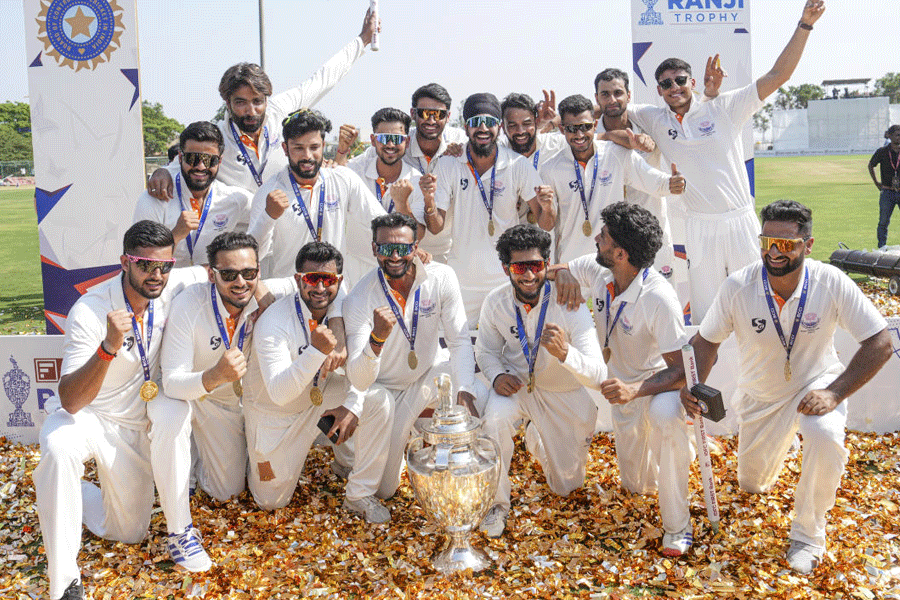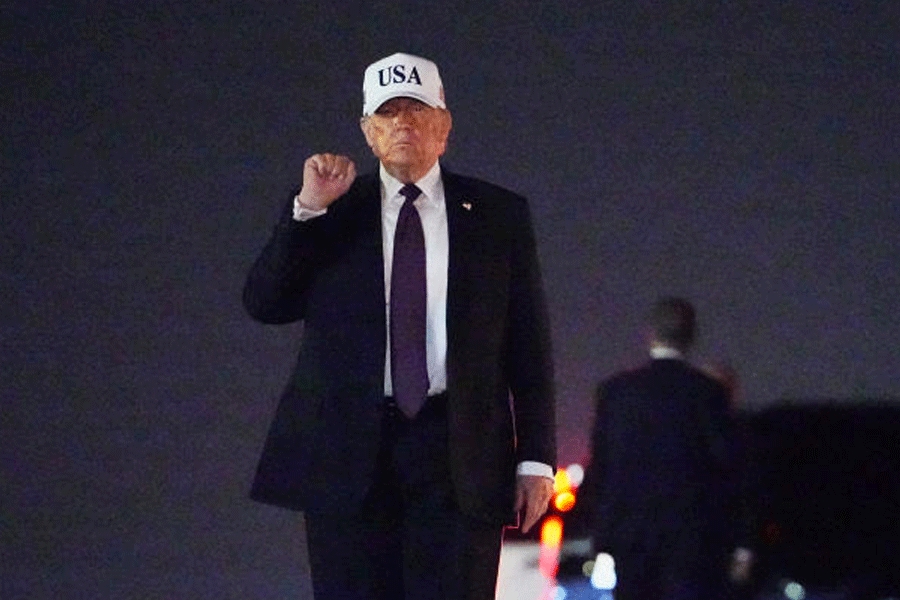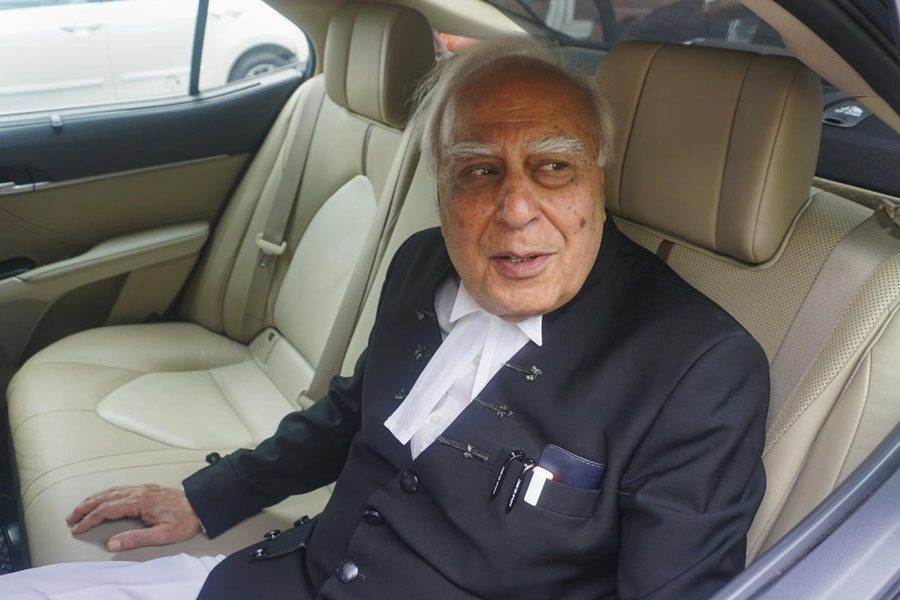Sports biopics are hard to come by in Bengali cinema, let alone a film on a young chess prodigy. Kacher Manush director Pathikrit Basu deserves applause for telling the story of Grandmaster Surya Sekhar Ganguly on the big screen though the protagonist’s bond with his mother ends up taking centre stage.
At the heart of Dabaru is Souro, a young boy from North Kolkata whose
grandfather Nabin (Dipankar Dey) recognises his talent for chess. With the support of Souro’s mother Karuna (Rituparna Sengupta), Nabin decides to groom Souro into a professional chess player. Rathindra Chakraborty (Chiranjeet), who runs a local chess academy, spots Souro at a tournament and takes him under his wing.
But Souro’s path is riddled with hurdles — there aren’t any sponsors to back him and government aid is hard to access. In the midst of all this, a family emergency forces Rathindra to hand over the coaching duties to Samiran (Koushik Sen), whose harsh teaching tactics force Souro to skip practice sessions. This, coupled with a teenage romance, distracts Souro from his goal of becoming a Grandmaster. How he bounces back to form makes up the rest of the plot.
Dabaru veers towards melodrama with loud and uninspiring dialogues. The subplots involving a money lender (played by Kharaj Mukherjee) and prying neighbours (played by Biswanath Basu and Sanghasree Sinha) do not add much to the central story.
What is amiss is the thrill of a nail-biting chess match. You only see the players moving the pieces on the board without ever getting an idea about what’s going on. In the climax, for example, the focus is on Karuna wandering through the streets of Chennai rather than Souro facing a world champion.
Souro’s reliance on his mother and grandfather, and the bond he shares with them becomes the mainstay of Dabaru. Dipankar Dey, as the grandfather, brings a sense of hope and inspiration every time he’s on screen. Rituparna Sengupta’s turn as a mother finding solace in her son’s achievements amidst her own hardships is quite convincing. There is a Dangal-like touch to the story of Dabaru too — Karuna was not allowed by her in-laws to work after marriage, so she wants her son to make a mark and she pushes him to excel.
Samadarshi Sarkar is natural as young Souro, and Arghya Basu Roy impresses as the teenage version. Shankar Chakraborty, as Souro’s father, effectively delivers the bitterness of an unemployed man forced to live off his young son’s earnings. Chiranjeet is likeable as a coach who encourages Souro, while Koushik Sen leaves a mark as the strict and egotistical coach who pushes Souro to the brink of giving up chess.
Madhura Palit’s cinematography helps director Pathikrit Basu build the Kolkata of the 1980s and ’90s. She also plays with light and shadow to create some beautiful moments, like the one where the shadow of a chequered wall creates the illusion of a chessboard on the floor.

